My previous column was about a possibility of the coming Indian Age, as in a sudden surge of the Indian economy, but not limited to economy only. My idea was, “to succeed, you have to be sure of success, since mentality is the key in such cases”. So, what is the current mentality of the Russian public, and how could it contribute to a possible start of something like a “Russian Age”? Here we have quite a flood of statements that now that age is possible. Which was not there, only a couple of years ago, the general atmosphere was kind of sleepy. It’s all about the war, of course. There are new sociological surveys this week, telling us that 91 per cent of Russians say they are patriots. The questionnaire, incidentally, includes clarification that patriotism means that you defend your country, and the same respondents agree with that. Also, personal approval rates of the President Vladimir Putin have, for the first time, climbed over 80 per cent after hovering anywhere over 70 previously, according to several different surveys. That, of course, is only a natural reaction when your country is under attack, especially if a lot of people have been expecting some kind of threat for years, whether it may be the case in Ukraine (where anti-Russian sentiments were growing month by month); or in the US or Europe, where absolutely incongruous accusations against Russia were mounting year after year. So what was to happen, happened. But, what now? First, there is that feeling of freedom from pretending that everything is “OK”, and the feeling that at last we got our country back. But, the second predominant sentiment was felt at the Moscow Economic Forum, at its special session on the subject of the desirable future, where philosophers congregated for a chat. Yes, there are people who are officially philosophers, they can produce an “ID” stating just that. And all these great thinkers were obviously at a loss to show us the way forward. Yes, we’ve got our country back, but what do we do about it? Just increase the GDP, and that’s it? We, the world, don’t have even a vague image of a desired future, claims Sergei Pereslegin, a military historian. While only a century ago everyone had it, the capitalist West or the communist East, and their dreams were strikingly similar. Both systems believed in science and in glorious new lifestyles brought by technological progress. The difference was in methods, whether a soft or a hard way should drive the human race into that future. While now there is no “future”. The West, according to the same writer, is promising to the world things like ecological crisis, end of history, digital dictatorship – and all that is allegedly already happening to everyone, without any positive way out, but suffering and fear. So what can Russia suggest as an alternative? Nothing. Alexander Shipkov, a philosopher, says that Russia’s divorce with the West began in around 2012, when the pro-Western liberals tried to stage street demonstrations to grab power, and failed. From that moment on, the Russian public has gradually lost interest in any ideas gripping the Western societies, but has developed nothing instead of it, but a yearning for so-called social justice. To add, that means that a very sizable part of our society is nostalgic about the old Communist system, which, in their opinion, may only be slightly amended for the information age. And, incidentally, the same people are the angry patriots who are pressing the government to reject the current military tactics of slowly moving forward in Ukraine with virtually no losses, saying that it’s not this tactic that brought us victory in 1945. What’s really amazing is the typical Russian idea that whatever new concept of glorious future Russians may develop, it has to be universal. It must be something ready and packaged to be picked up by the whole world, or at least by several key friendly nations for starters. I was not a speaker at the Moscow Economic Forum, or else I would have spoiled the show by asking: Why can’t we (Russians) just have our Russian Dream, whatever it is, to ourselves, for our own consumption? Why should we always want to be the global darlings, showing the way to other nations? There is a new inflow of data about the state of our society to buttress my skepticism. Yes, we (Russians) are a nation that has, at last, when threatened, shed all ambiguity about accepting meekly each and every idea coming from the West. But Russia is also a tired nation. People suffering from chronic fatigue syndrome constitute 10 to 25 per cent of the population of any nation, or at least that’s what the good doctors are telling us, being always happy to sell us some medicine. But in Russia fatigue is around 31 per cent. Women are hit more severely than men, 34 against 27 per cent. Respondents are mostly unhappy about nervous strain and excessive responsibility in the workplace, 27 per cent complain of too much physical effort, and so on. That’s hardly a good background for being enticed by castles in the sky with Russian Dream flags, supplied by this or that guru of Russian philosophy. Now let me make some predictions. There was a time, when almost all the people everywhere were recuperating from the horrors of a world war and a series of murderous revolutions. So did they collectively plan for achieving national or international goals? No, they danced and had fun. That was the legendary Jazz Age, lasting for only 10 years, from 1918 to 1929. And then a global economic crisis began, and then the new wars came along. But it was that golden decade, when people just did what they wanted to do, that has given birth to a new lifestyle, with civil aviation and motor cars for everyone, and the rest. We may want to relieve that experience again, and soon. The author is a columnist for the Russian State agency website ria.ru_, as well as for other publications. Views are personal._ Read all the Latest News, Trending News, Cricket News, Bollywood News, India News and Entertainment News here. Follow us on Facebook, Twitter and Instagram.
What’s really amazing is the typical Russian idea that whatever new concept of a glorious future they may develop, it has to be universal, but they can have a dream exclusively for themselves
Advertisement
End of Article


)
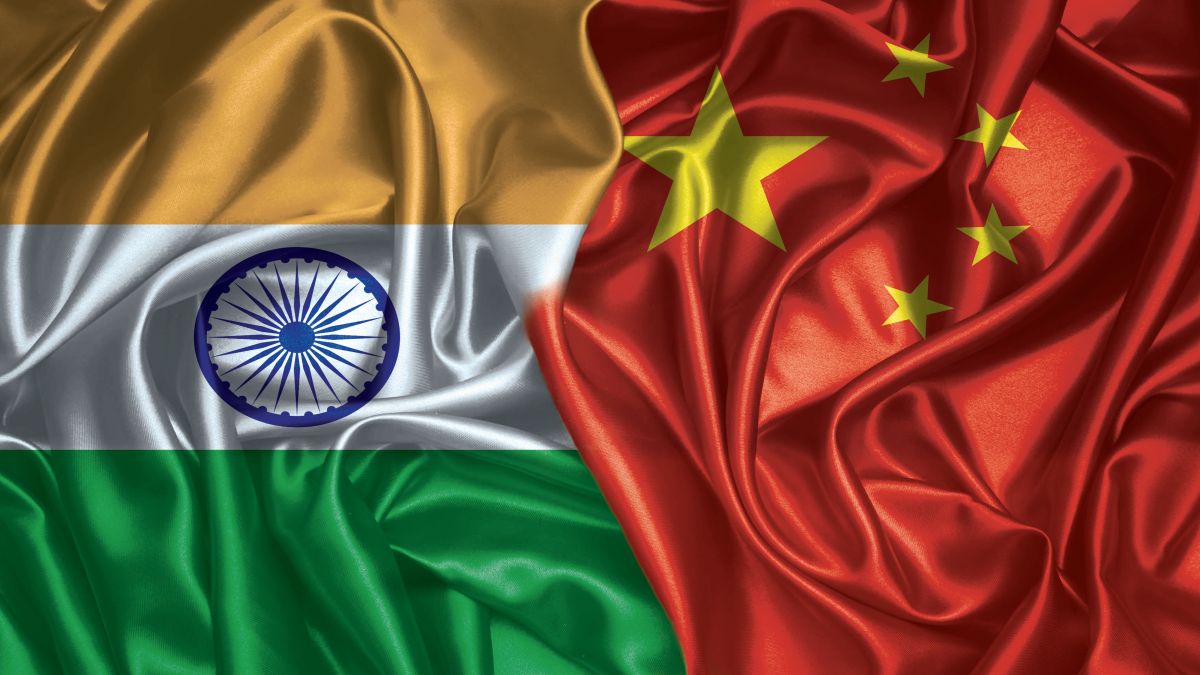
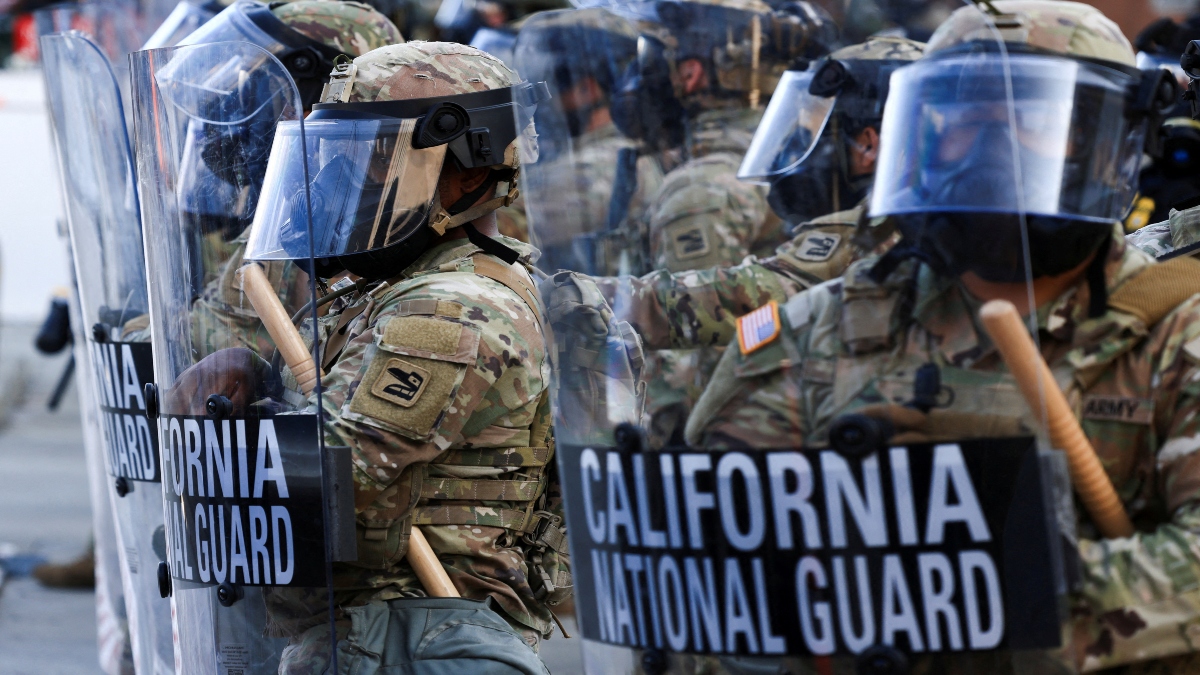)
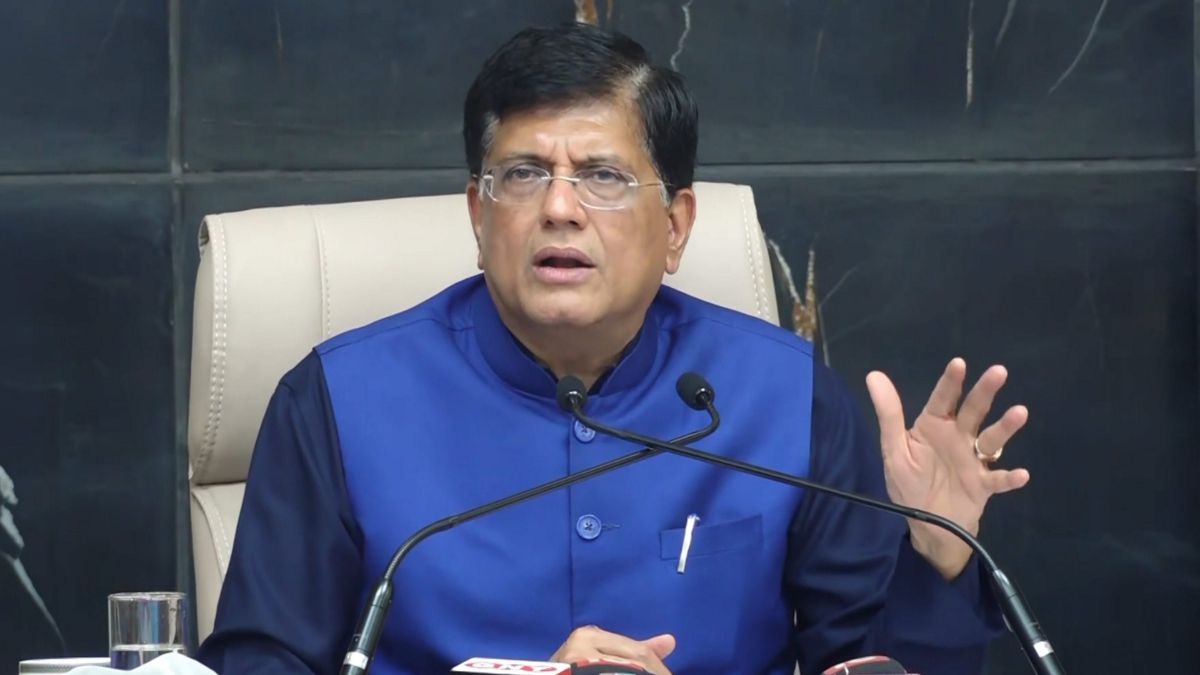)
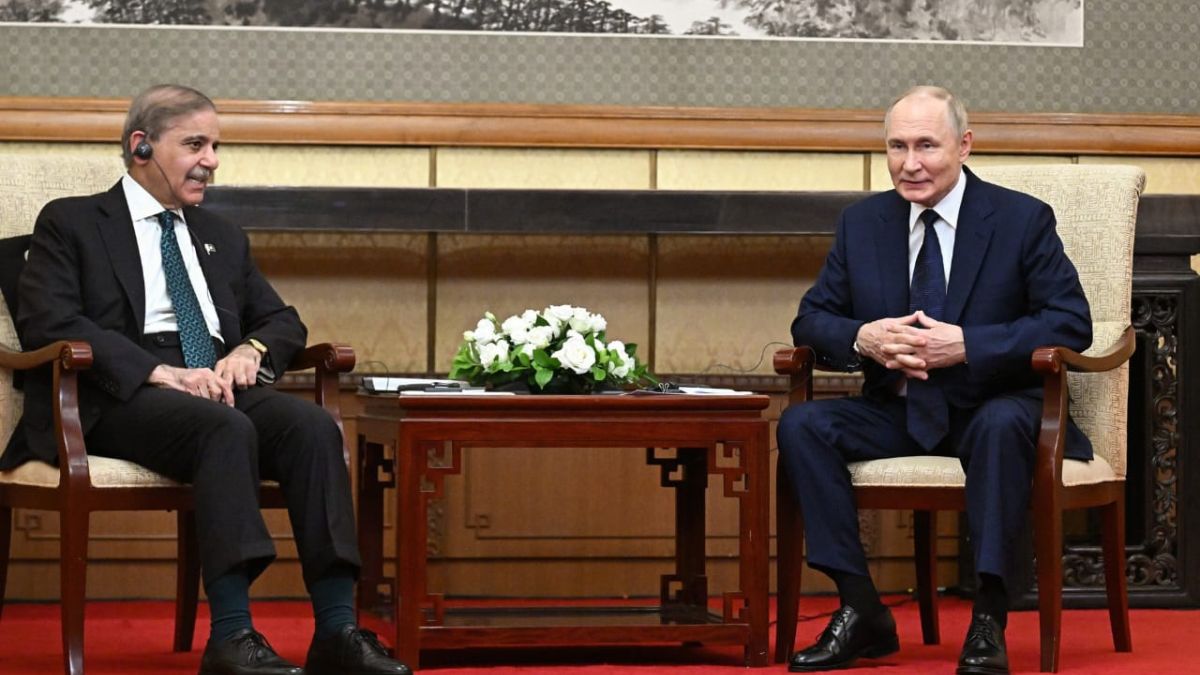)
)
)
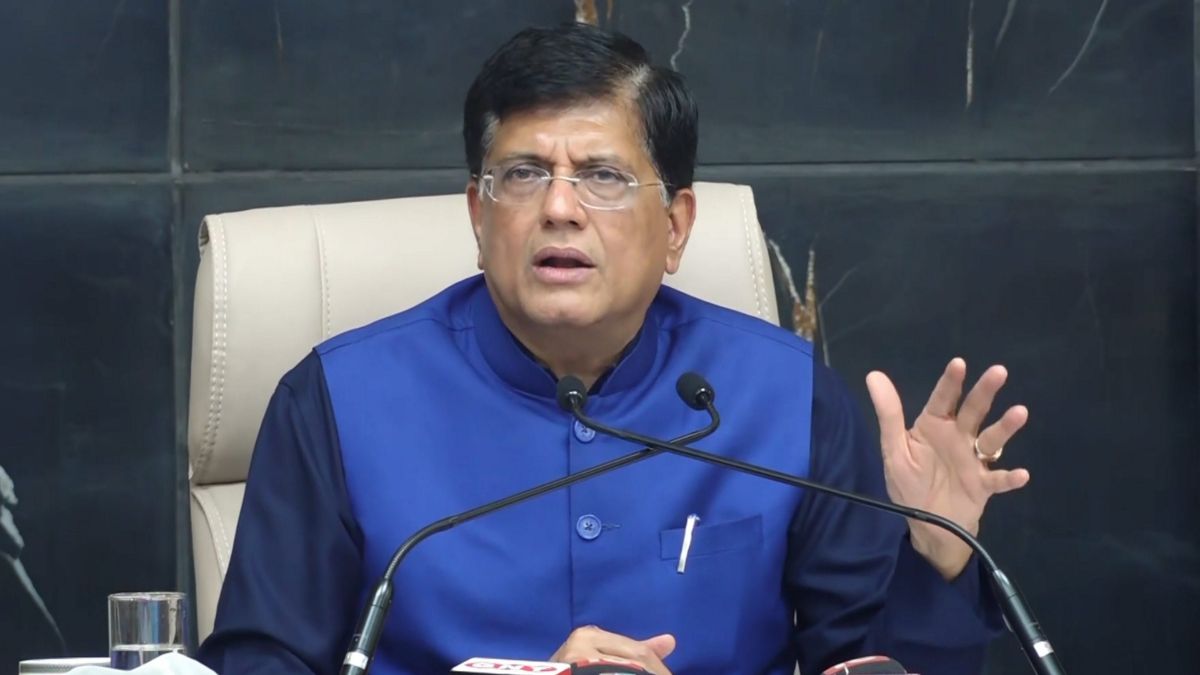)
)
)



